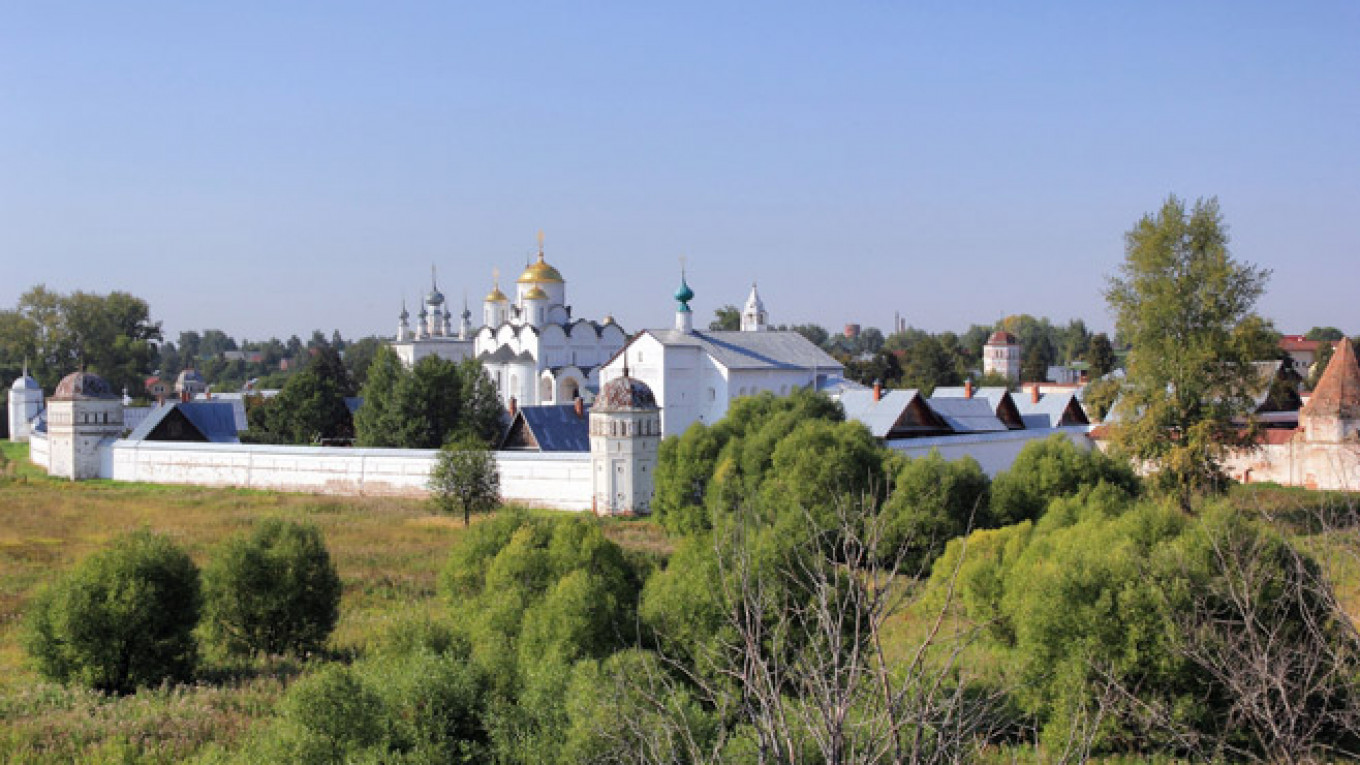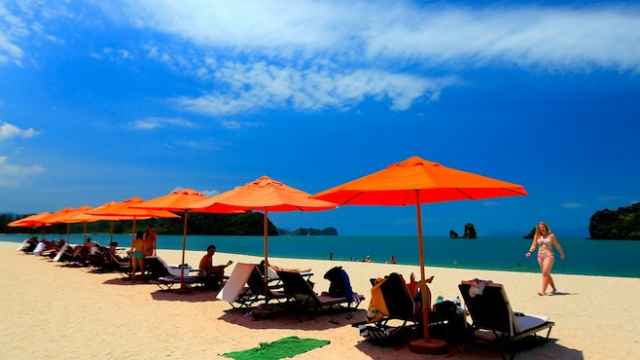Outgoing tourism during the upcoming May holidays, traditionally a popular time for Russians to holiday abroad, has dropped by 25 percent compared with last year, while tourism within the country has increased by 15 percent, the Kommersant newspaper reported Tuesday, citing Russia's Association of Tour Operators.
"Many clients cannot now afford a summer vacation and to travel during the May holidays," the association's executive director Maya Lomidze was cited by the paper as saying.
The period from April 30 to May 11 is a popular time for Russians to travel abroad because there are several bank holidays in that period which celebrate Labor Day and the end of World War II.
The drop of 25 percent was significantly less than analysts had predicted, Kommersant reported, saying international tourism among Russians had been expected to fall by about 50 percent as a result of tumbling oil prices and the ruble's devaluation.
Fewer Russians can now afford to go to Europe and Southeast Asia, opting instead for cheaper, all-inclusive package deals to Egypt and Turkey.
Among domestic holiday destinations, the Krasnodar region in southern Russia leads the way, accounting for 60 percent of all sales, Lomidze was cited as saying, followed by trips around the Golden Ring — a set of ancient cities northeast of Moscow — and to spa resorts in the Caucasus town of Mineralnye Vody.
Sales of airplane tickets to foreign destinations during the May holidays have slumped by 20 percent year-on-year, while domestic flight ticket sales have grown by 15 percent, Kommersant cited Dmitry Gorin, head of the VIP Service booking agency, as saying.
The average budget for a May holiday ranges from 12,000 rubles ($212) to 22,000 rubles ($390), up 15 percent on the previous year, Kommersant reported, citing Sergei Romashkin, head of the Delfin travel agency.
A Message from The Moscow Times:
Dear readers,
We are facing unprecedented challenges. Russia's Prosecutor General's Office has designated The Moscow Times as an "undesirable" organization, criminalizing our work and putting our staff at risk of prosecution. This follows our earlier unjust labeling as a "foreign agent."
These actions are direct attempts to silence independent journalism in Russia. The authorities claim our work "discredits the decisions of the Russian leadership." We see things differently: we strive to provide accurate, unbiased reporting on Russia.
We, the journalists of The Moscow Times, refuse to be silenced. But to continue our work, we need your help.
Your support, no matter how small, makes a world of difference. If you can, please support us monthly starting from just $2. It's quick to set up, and every contribution makes a significant impact.
By supporting The Moscow Times, you're defending open, independent journalism in the face of repression. Thank you for standing with us.
Remind me later.






